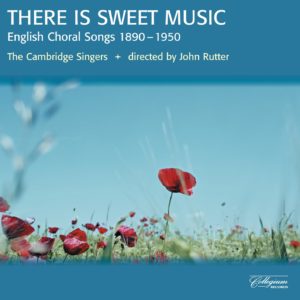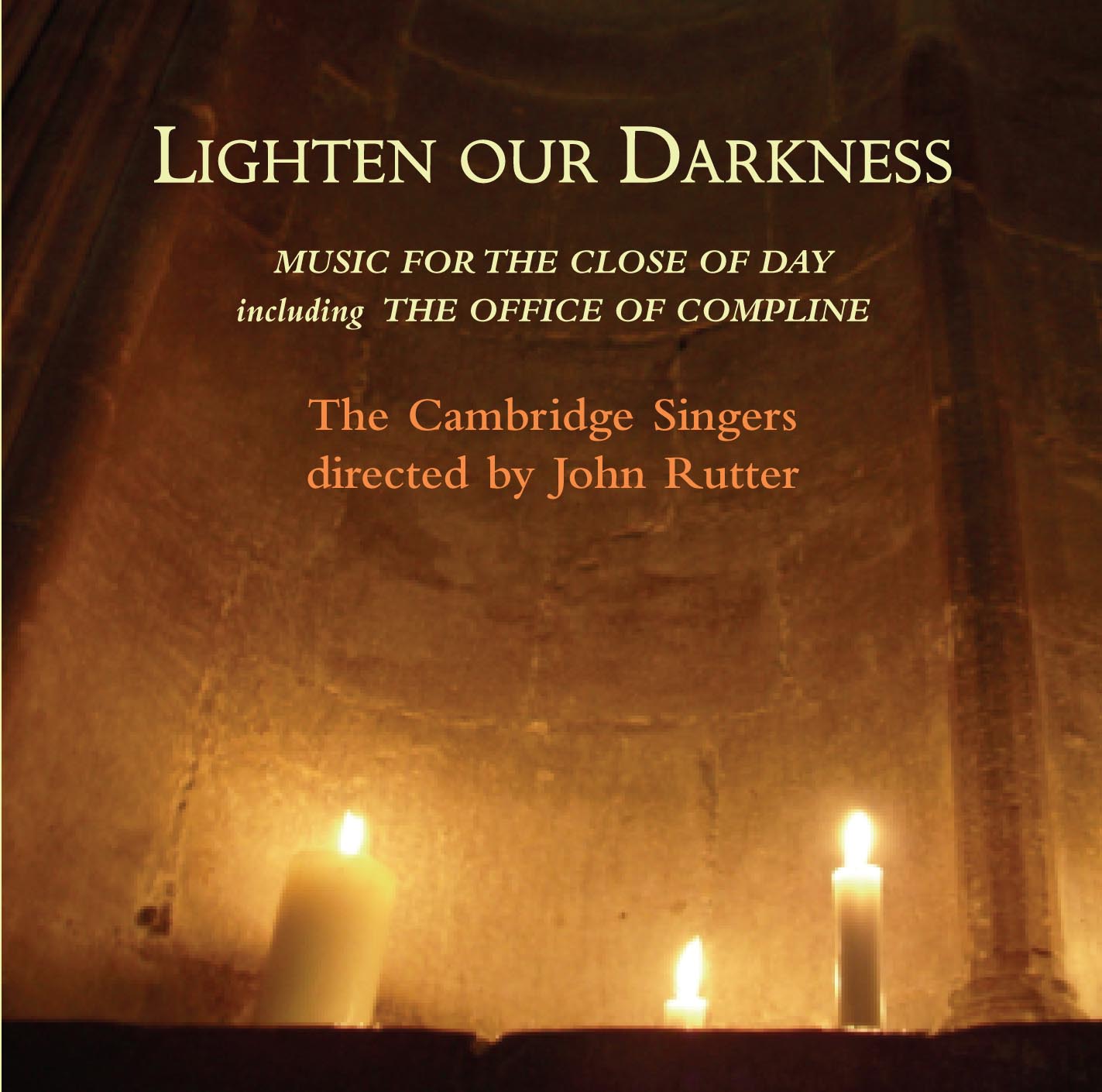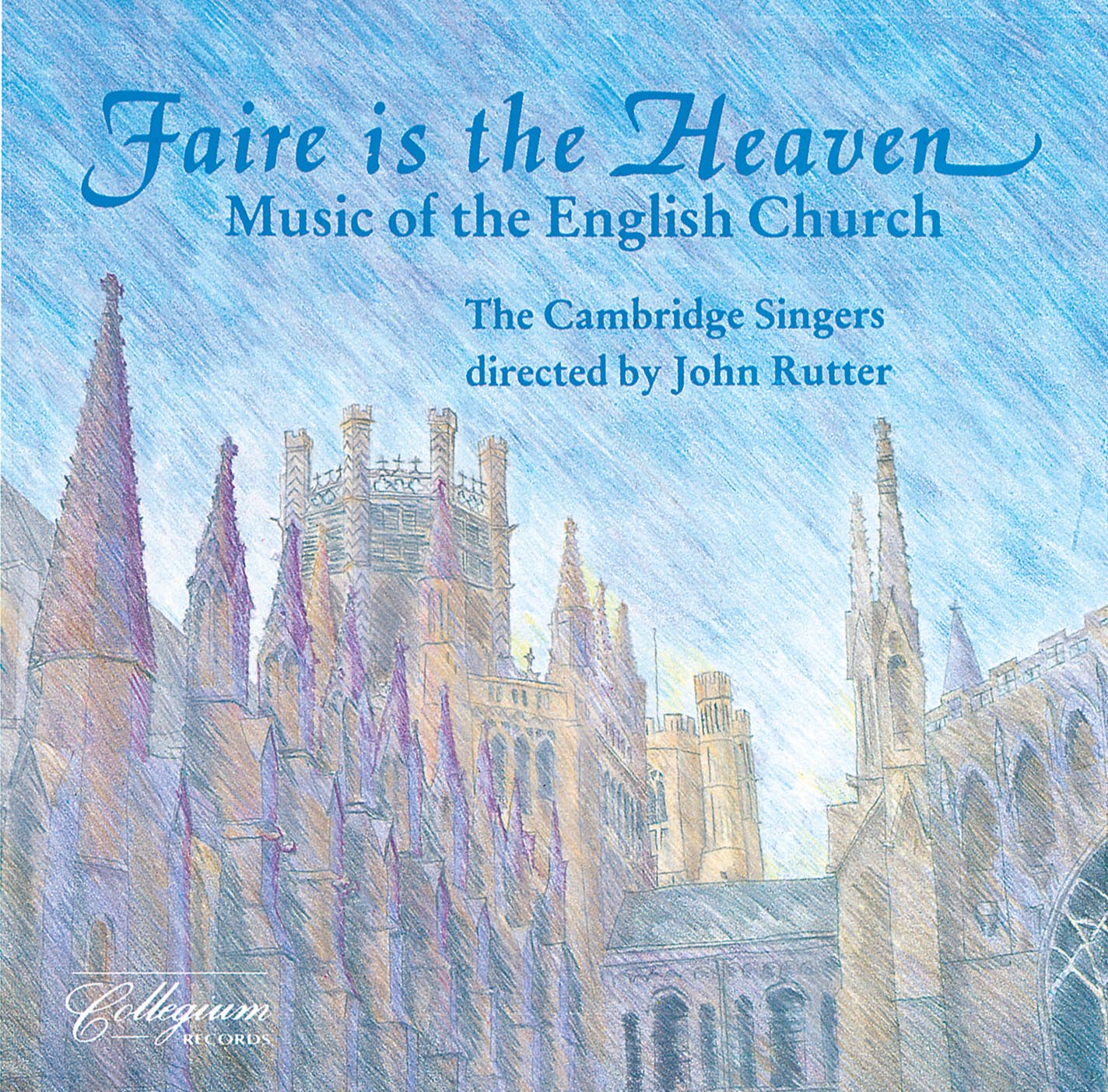Ave Verum Corpus
Motets and anthems of William Byrd
The Cambridge Singers
John Rutter (conductor)
CD:
Error: Currency conversion temporarily not available. Please try again.
Tracks
Description
CD booklet
Reviews
Click on a track for an audio sample:
Description
This recording presents a selection of 15 of the 150 or so Latin motets and three of the dozens of English anthems that, between them, form the larger part of the life’s work of William Byrd (1543–1623), the greatest English composer of his era. The chosen motets and anthems represent just some of the many facets of Byrd’s sacred music, now recognized after three centuries of neglect as among the most glorious ever written for choir.
Track list
- Sing joyfully
- Turn our captivity
- Praise the Lord, all ye Gentiles
- Emendemus in melius
- Siderum Rector
- Plorans plorabit
- Visita, quaesumus Domine
- Attollite portas
- Laudibus in sanctis
- Gaudeamus omnes
- Ave verum Corpus
- Veni, Sancte Spiritus
- Christus resurgens
- Solve iubente Deo
- O magnum mysterium
- Non vos relinquam
- O quam suavis
- Justorum animae
“Ave Verum Corpus …is the undoubted star in the galaxy of choral releases so far this winter … exceptional performances by this quite wonderful group of singers …” Church Music Quarterly
“An excellent disc, then, containing a good selection of some of the finest a cappella music written for the English church. The performances are consistently of the highest order.” MusicWeb International
“This is a straight reissue of a CD which originally appeared in 1990. The reissue retains the original very good notes by John Rutter and the full texts and translations. So, three cheers for Collegium in respect of presentation! And three cheers, too, for the quality of the performances. This disc demonstrates conclusively that more generalist choirs can still provide excellent accounts of this sort of music provided that those choirs consist of first class musicians and that they are directed by equally first class conductors. An excellent disc, then, containing a good selection of some of the finest a cappella music written for the English church. The performances are consistently of the highest order and the recorded sound is good, though personally I would have welcomed just that little added ambience and resonance which might have been obtained in Rutter’s favourite recording location, the Lady Chapel at Ely Cathedral. Very well written and informative notes complete one’s pleasure in a fine release. Strongly recommended.” MusicWeb International
“The Cambridge Singers, well-balanced and clear-voiced, respond splendidly (and never stiffly) to the texts and their treatments: “Sing joyfully” it says and they do. Plorans plorabit, they observe with due grief. A brief bibliography and a chronological survey of the meagre, known facts of Byrd’s life round off a laudably presented recording that, though it breaks less new ground than it might have done, should delight most Byrd fanciers.” Gramophone
“A new recording from John Rutter and the Cambridge Singers is always a special event; expectations are high, and there is delightful anticipation before it is heard. The latest offering, Ave verum corpus – Motets and Anthems by William Byrd in no way disappoints indeed. I feel that it is probably one of the most notable recordings from this source, and is the undoubted star in the galaxy of choral releases so far this winter. Fifteen of the Latin motets, exceptional performances by this quite wonderful group of singers, and their conductor’s musicianship shines through every bar of this beautiful music – some of it still rarely performed.” Church Music Quarterly
“This would make an excellent representative sole disc for Byrd, since it touches so many sides of his expressive personality. Throughout the choral sound is fresh and direct, and so well-proportioned that the balance actually shifts with the counterpoint in just the way that it should. The beauty of line which we associate with more traditional English readings is still there, but the chief impression here is of the vitality of those lines. The acoustic ambience of the Great Hall of University College School, London, seems just right, and the documentation strikes me as perhaps the closest to perfection that I have encountered in this repertoire…” Which CD









